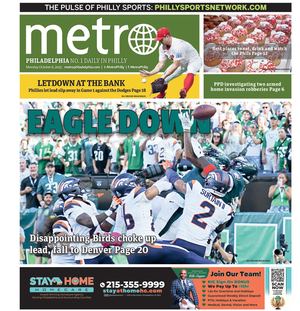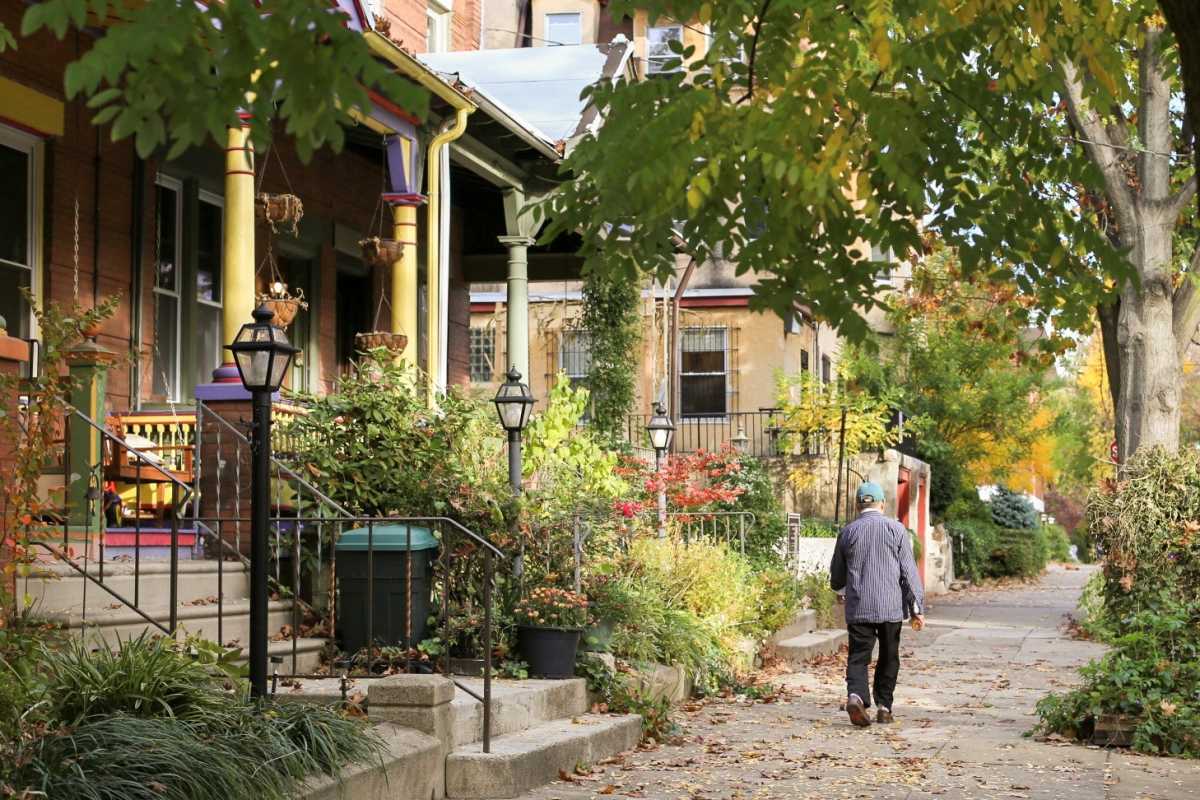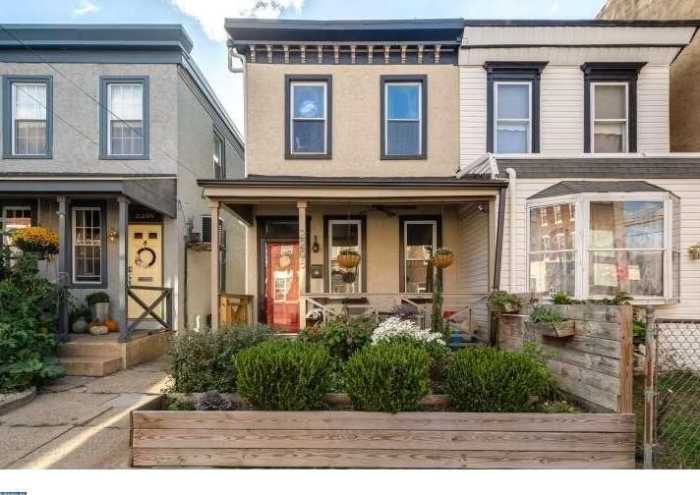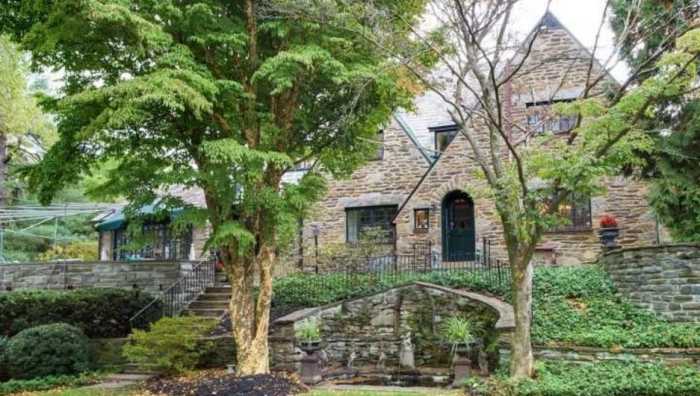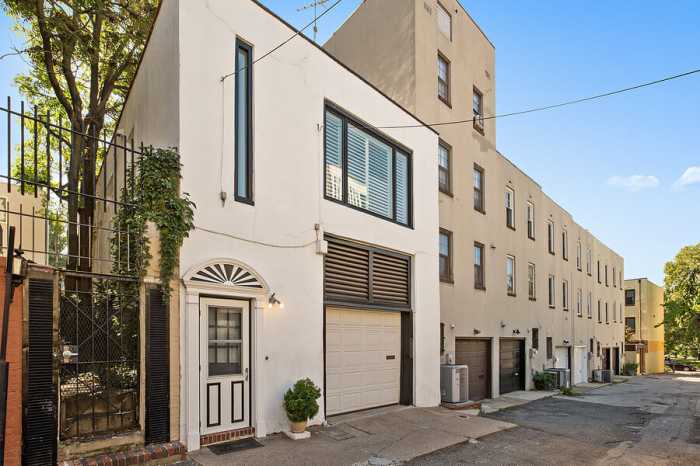Stories abound in the Black community about bias in the home appraisal process.
Some owners looking to refinance will take down family photos or remove books about race to “whiten” their house, and many have received low-balled valuations.
Unexpected real estate appraisals can disrupt a sale or thwart a homeowner attempting to refinance.
City Council, in an effort spearheaded by Majority Leader Cherelle Parker, held a hearing Monday examining racial disparities in residential appraisals and its impact on Black homeownership.
Nationwide, home values in primarily Black neighborhoods are $46,000 less than homes in mostly white areas, even when controlling for factors like square footage and walkability, according to a Redfin analysis released last week. In Philadelphia, the gap is about $25,600.
The study’s results were based on value estimates for more than 7 million homes sold over an eight-year period ending in February.
More research needs to be conducted to determine exactly what role the appraisal process plays, said Gregory Squires, a professor at George Washington University.
“This is anecdotal, but there’s an awful lot of anecdotes out there,” he said. “This can’t be dismissed as just the occasional bad apple.”
Squires and others who testified at Monday’s committee meeting connected the bias in appraisals to a broader history of discrimination in the real estate industry, from redlining to racially-based lending practices.
Keeping Black families from obtaining a mortgage, or depressing the value of their property, is likely a significant factor in the wide gulf in wealth between racial groups because, for most people, their home is their largest investment.
Nearly three-quarters of white Americans are homeowners, compared to about 44% of Black residents, according to census data.
Appraisers, who are overwhelmingly white, may not know much about or be comfortable in majority-minority areas, which could account for some of the disparities, experts told Council.
Ira Goldstein, president of policy solutions at the Reinvestment Fund, said 95% of appraisers in Philadelphia are white.
Getting into the field is difficult, said Jillian White, a Black appraiser and head of collateral at Better Mortgage. It requires an extensive apprenticeship, and open spots are rare, with the profession traditionally being a family business.
“That opportunity is not readily available to any person seeking to become an appraiser,” said Carlo Batts, of Rittenhouse Appraisals in Old City.
Batts said he has received three messages from friends in the past week whose deals are held up by low appraisals. The hurdle also affects minority business owners and developers, he added.
Prior to the subprime mortgage crisis, appraisers were actually overvaluing homes in low-income neighborhoods, Goldstein said, which led to skyrocketing rates of foreclosure around the country.
Mortgage companies and banks determine how much to loan on the appraisal, which is usually based on the sale prices of three similar homes in the same area. Appraisers compare the nearby properties and make adjustments based on conditions.
Using that method essentially “locks in” the legacy of racial discriminiation, preventing values from rising, said Morgan Williams, general counsel for the National Fair Housing Alliance.
Other approaches look at what it would cost to build the house new and how much the owner could charge for renting the property; however, those formulas are rarely used.
John Russell, of the American Society of Appraisers, said lenders have built a system that favors the recent sales model.
“We agree with the premise that devaluation has and continues to occur in minority neighborhoods,” he told Council members.
The ASA, an industry group, has offered voluntary unconscious bias training in an attempt to combat the issue, Russell said.
Increasing diversity within the appraising industry should be a priority, several who spoke at the hearing said.
Goldstein suggested the city incentivize the use of minority appraisers through its Philly First Home Program, which provides a grant of up to $10,000 to first-time homebuyers who meet certain income criteria.
The initiative is currently not taking applications, but Parker said funding for it will be replenished through Council’s recently-passed $400 million Neighborhood Preservation Initiative.
A bill introduced in the House of Representatives last week would create a task force to look into, among other things, the barriers facing people attempting to enter the appraising business.
Parker vowed to form a working group of Council members and real estate stakeholders to consider local solutions and lobby at the state and federal levels.
“Over the past year, we’ve heard people put their fists in the air, put sexy mission statements on their website and march in solidarity with Black and brown people and say ‘Black lives matter,’” she said.
“I really want to see the same persistence, the same outrage, the same interest in wanting to present solutions when it comes to access to economic opportunity,” Parker added. “Because Black lives don’t matter until Black people have access to self sufficiency.”
